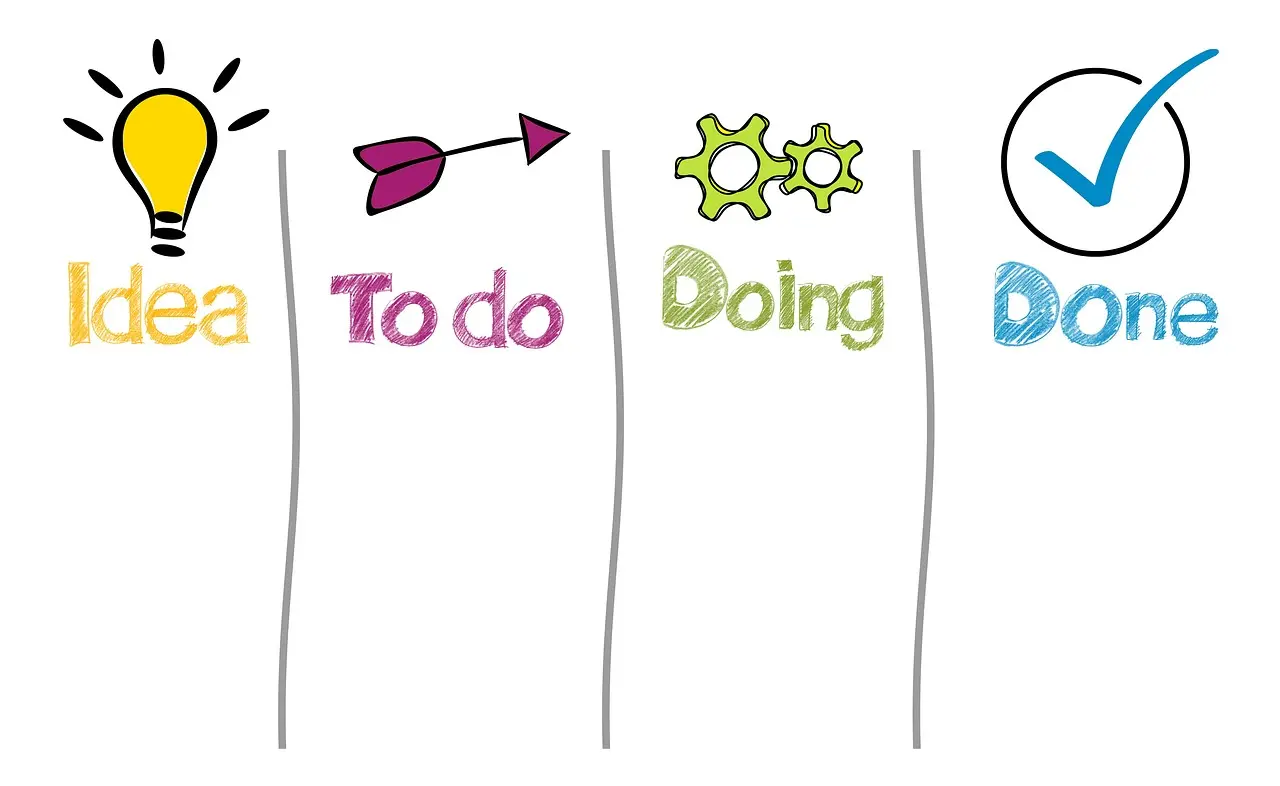Find your dream: a remote programming job online where you can realise your potential and develop your skills. Our blog will help you in your search by providing helpful tips, resources, and information to make the job search process more efficient and less stressful.
Read More
A programmer is a highly skilled professional who plays a key role in software and technology development. He or she writes code, solves problems and develops effective solutions, becoming an important member of the team.
Software development, implementation and support, as well as optimising existing systems to improve their performance and reliability.
The Programmer undertakes careful analysis and design of complex systems to ensure they operate efficiently and function effectively.
Code testing and debugging are integral steps in the software development process to identify bugs, optimise performance and ensure that the application performs as expected.
Programmers should definitely engage in documentation of projects, as it not only helps to better understand the developed code and structure, but also facilitates teamwork and makes it easier to maintain and update the project in the future.
Programmers play a key role in producing interactions with the team and clients, while ensuring efficient and productive collaboration during the development process.
The Programmer is constantly learning and enhancing their skills to keep up to date with current technologies and development methods, which is essential in the fast-paced world of IT.
Tired of searching for suitable jobs in the office? Our service will help you find a remote job as a programmer that perfectly matches your skills and preferences. We carefully select relevant offers from reliable employers so that you can focus on your creativity without wasting time on endless searches. Register now and start the next stage of your career in the comfort of your own home!
Read more
Excuse me. No publications yet

Mobile devices have become an integral part of our lives, and the demand for high-quality mobile applications is growing every year. As a result, the profession of a mobile developer is becoming increasingly in demand. In this article, we will look at what a mobile developer does and what functions this specialist performs. Mobile Developer …

Organizing Workspace: Key Aspect of Remote Work In the conditions of the modern world, remote work is becoming increasingly popular and in demand. Programmers are one of the professional groups that actively use this work format. To be maximally productive in a remote environment, it is necessary to follow certain rules and recommendations. In this …
Working with different clients and projects helps to avoid routine, making each day interesting and full of new challenges
Quality problem solving shapes the image of brands and influences how users perceive products and services, which makes their work more meaningful
Opportunity to apply your best skills to solve complex problems, continuous development and growth in the profession
Many professionals can work remotely and set their own schedules, allowing them to find a work-life balance
A dynamic field where new trends and technologies are always emerging, which provides an opportunity to constantly develop and learn
Specialists often interact with other creative professionals, which helps broaden horizons, find inspiration and make useful contacts
100К
700+
40К
